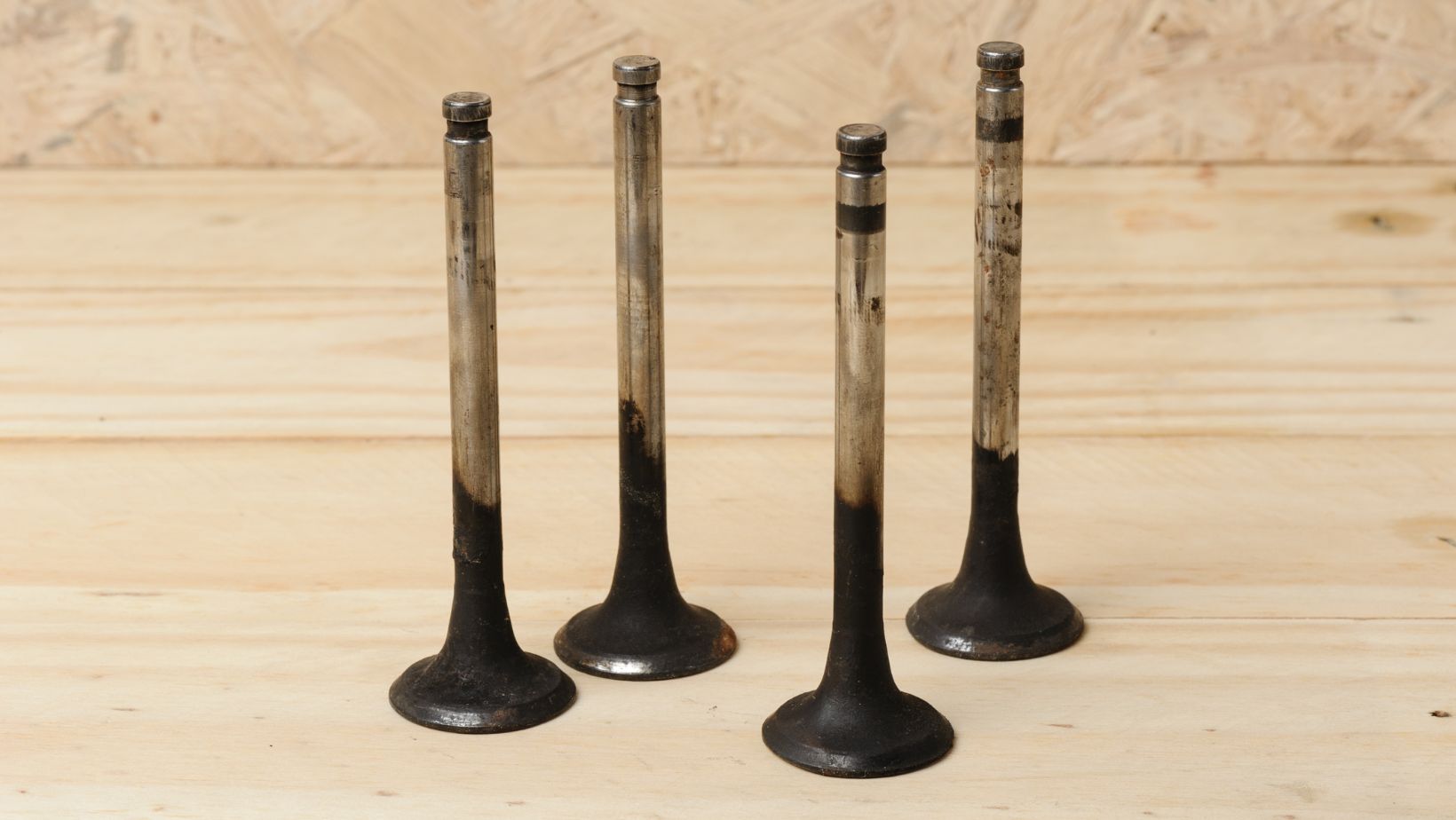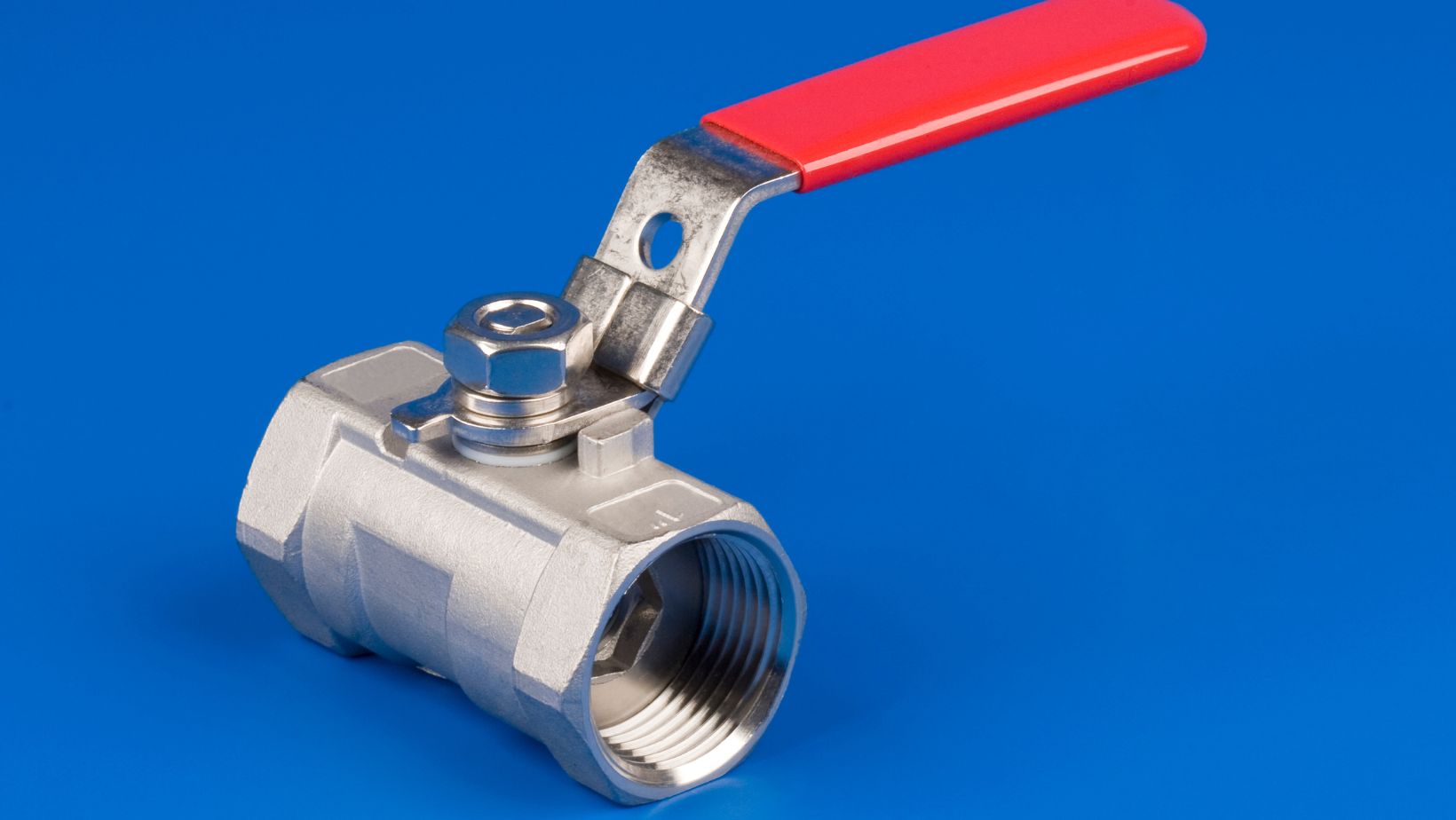
When it comes to high-performance engines, whether for racing, off-roading, or everyday use, choosing the right components can make all the difference in power, efficiency, and durability. One crucial part of the engine that often comes under scrutiny is the valve. While steel valves have long been the standard in engine design, titanium valves have risen in popularity due to their unique properties. In this article, we’ll compare titanium valves and steel valves to help you understand which is the right choice for your engine.
What Are Titanium and Steel Valves?
Before diving into the comparison, let’s first define what titanium and steel valves are and why they matter to your engine. Titanium Valves are made primarily of titanium, a lightweight but strong metal known for its excellent strength-to-weight ratio, corrosion resistance, and heat resistance. Titanium is used in a variety of high-performance applications, including aerospace and motorsports, due to these qualities.
Steel valves are the more traditional choice. They are made from various types of steel, such as stainless steel, and are known for their durability and cost-effectiveness. Steel valves have been a standard in engine construction for many years and are widely used in everything from motorcycles to high-performance car engines.
Now that we know what each type of valve is let’s explore the advantages and disadvantages of titanium vs. steel valves.
Benefits of Titanium Valves
Titanium valves are often favored in high-performance and racing engines due to several significant benefits. Here are the primary reasons why valve titanium is sought after by engine builders and racers alike:
- Lightweight: One of the most well-known advantages of titanium valves is their light weight. Titanium is much lighter than steel, which reduces the overall weight of the valve train. A lighter valve can result in quicker valve response times, allowing the engine to rev higher and more quickly, improving performance at high RPMs.
- Strength-to-Weight Ratio: Titanium has an exceptional strength-to-weight ratio. This means that despite being lightweight, titanium valves can handle the same amount of stress and heat as heavier steel valves. This makes them ideal for high-performance applications, where strength and performance are paramount.
- Heat Resistance: Titanium has superior heat resistance compared to steel. It can withstand higher temperatures without warping or losing structural integrity. This makes titanium valves especially beneficial in high-performance engines that generate extreme heat, such as those used in motorsports or racing.
- Corrosion Resistance: Titanium is naturally resistant to corrosion, which is a significant benefit when dealing with the high temperatures and chemicals found in engine environments. This resistance leads to a longer lifespan and reliability.
- Improved Valve Springs Performance: Titanium valve springs are also widely used alongside titanium valves. Their lighter weight helps reduce the load on the springs, allowing for quicker and more efficient valve operation, especially at higher RPMs.
Benefits of Steel Valves
While titanium valves offer many benefits, steel valves still have their place, particularly in more budget-conscious or general-use engines. Here are the benefits of steel valves:
- Durability: Steel valves are incredibly durable and can last a long time, even under harsh conditions. While they are heavier, their sturdiness makes them suitable for engines that don’t operate at extreme RPMs or heat levels.
- Cost-Effective: One of the most significant advantages of steel valves is their affordability. Titanium valves are expensive due to the cost of the material and the manufacturing process. Steel valves are much more budget-friendly, making them the go-to choice for many OEM (original equipment manufacturer) engines.
- Compatibility: Steel valves have been used in engines for decades, meaning they are compatible with a wide range of engine types and designs. Whether you are building a new engine or replacing an old valve, steel valves are often the go-to option for many automotive and motorcycle engines.
- Mature Technology: Steel valves have been in use for much longer than titanium valves, and their design and manufacturing processes are well established. This maturity means that steel valves are a reliable choice for many types of engines, especially those that don’t require the high-end performance capabilities that titanium offers.
Titanium vs Steel Valves: Which is Right for Your Engine?
Choosing between titanium vs steel valves depends on your specific needs and the type of engine you are working with. Here are some key factors to consider when making your decision:
Engine Type and Usage
If you’re building an engine for racing or other high-performance applications, titanium valves are likely the better option. Their lighter weight, superior heat resistance, and enhanced strength make them ideal for applications that demand maximum performance.
For daily drivers, street cars, and OEM engines, steel valves are often more than sufficient. Steel valves offer durability, reliability, and cost-effectiveness, which are essential for engines that don’t regularly push the limits of RPMs and power output.
RPM Range
If your engine operates at high RPMs, titanium valves can provide a significant performance boost. Their lightweight construction allows them to open and close faster, improving the engine’s ability to rev higher without valve float or other issues.
For engines that don’t operate in the high RPM range, steel valves are typically a good choice. They offer durability without the need for the added expense and weight savings that titanium valves provide.
Budget
Titanium valves are significantly more expensive than steel valves. If you’re working with a tight budget, steel valves are the more economical choice.
However, if you have the budget for it and need the performance benefits, the best titanium valves can be worth the investment.
Durability and Maintenance
Steel valves may require more frequent maintenance and replacement over time, especially in high-stress conditions. However, their durability and cost-effectiveness make them a solid choice for many engines. Titanium valves, while more durable and resistant to corrosion, are more expensive and require careful handling to avoid damage.
Final Thoughts
When deciding between titanium valves and steel valves, it ultimately comes down to the type of engine you have and your performance goals. If you’re building a high-performance engine where every ounce of weight savings and every bit of strength counts, titanium valves are the way to go. Their lightweight construction, high strength-to-weight ratio, and heat resistance make them an excellent choice for high-RPM engines that need to perform at the highest levels.
On the other hand, if you’re working with a more standard engine or need to keep costs down without sacrificing reliability, steel valves are a great choice. They offer excellent durability and cost-effectiveness, making them the preferred option for many applications.
Regardless of your choice, both titanium valves and steel valves play vital roles in the performance of your engine. Understanding the benefits and trade-offs of each material will help you make the best decision for your specific needs.













